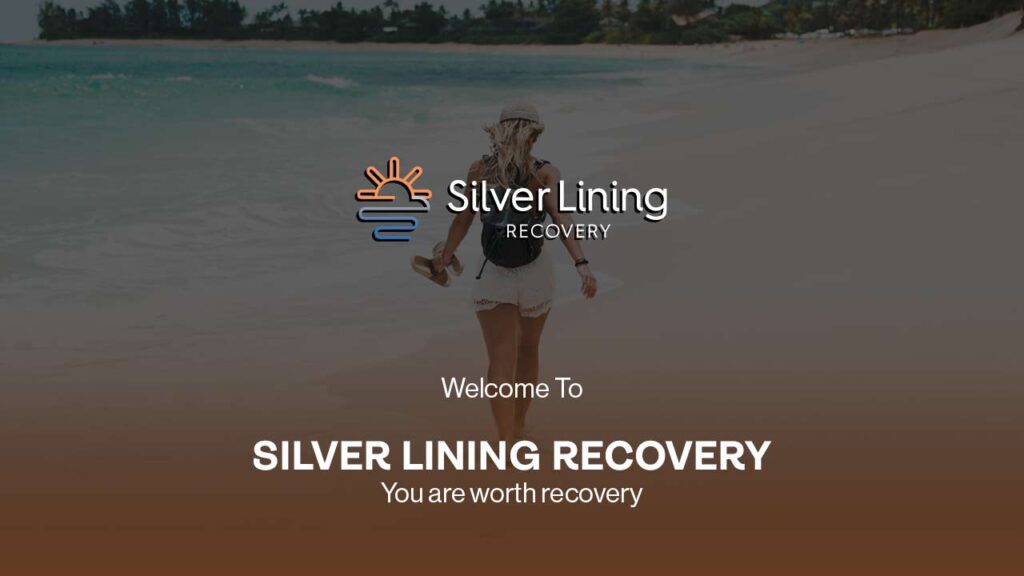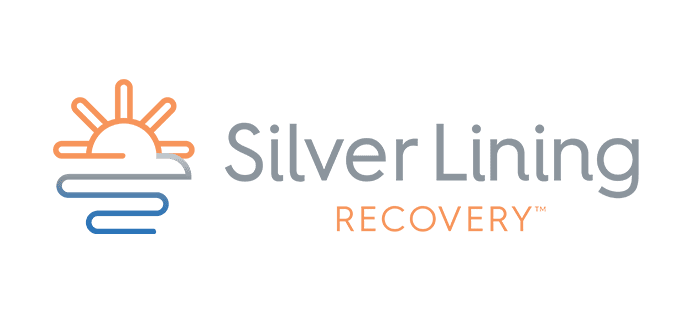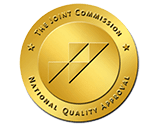
In the United States, there are more than 14,000 addiction treatment centers, from luxury facilities with all the latest amenities to those with more humble offerings and everything in-between. With so many options to choose from, it’s no wonder that selecting the right treatment center for yourself or a loved one can seem like an impossible, overwhelming task when Looking for Treatment. To complicate matters, some providers seem more concerned with selling you their services instead of finding out if their program is right for you, making it even more difficult for you to get to where you should be.

At Silver Lining Recovery in Huntington Beach, California, we understand how challenging it can be to find reputable and ethical addiction treatment that not only meets your unique needs but resonates with your goals and values. To help you or your loved one find the ideal facility and begin recovery on the right foot, we’ve put together a short guide of things to look for in a treatment center so you can feel confident in your decision. Whether Silver Lining Recovery is right for you or not, our goal is to help each individual find the care they need to overcome addiction and live a happy, healthy life free from drugs or alcohol when you start Looking for Treatment.
Patient-Centered Care
When it comes to treatment, size matters. Centers with smaller patient bases have a better patient-to-counselor ratio, ensuring more one-on-one attention and highly focused care, as well as more intimate group settings. This allows the clinical staff to develop deeply personalized treatment plans for each patient based on their unique recovery goals, challenges and progress. Patients in more intimate settings also tend to feel more valued and may find it easier to open up in both individual and group therapy. Finally, a smaller client-base can help to encourage more bonding between patients and promote the development of a supportive, close-knit recovery community within the treatment center.
Quality of Care and Amenities
Having plenty of amenities can help curate a luxurious environment, but when it comes to achieving long-term recovery, the essence of the treatment program, the qualifications of the staff and an emphasis on helping each patient heal from addiction are what matter most. Amenities offer the elements of comfort and convenience, but recovery isn’t a convenient process — it takes hard work, dedication and a willingness to dig deep within to face the underlying factors of addiction. Striking a balance between comfort and quality ensures that patients feel relaxed and at ease, but are also receiving the care they need to make progress in their recovery. The journey to self-healing requires experienced, professional support, personalized treatment plans and lots of one-on-one attention, and it’s important to ensure that a treatment center values these qualities over luxury amenities.

Resources for Recovery when Looking for Treatment
When considering a treatment center, whether or not it offers the resources you need will be integral to your success when Looking for Treatment. Patients enter treatment in different stages of recovery and at various places in life, which come with their own unique set of needs and goals. Some patients may require transitional housing and a stable, recovery-oriented environment, for example, while others may need a facility that offers medication-assisted treatment and flexible outpatient care. Many people with a substance use disorder also have a co-occurring mental health disorder such as anxiety or depression, so finding a treatment center with the resources to manage a dual diagnosis is also important. The resources to address trauma and provide post-treatment recovery support may also be relevant for some patients. Before committing to a particular program or treatment center, call or check their website to make sure they have the resources to address your specific needs.
Mental Health Support
Co-occurring disorders are more common than many realize, affecting almost half of all individuals seeking help for addiction. Providing the right treatment for dual diagnosis patients is essential to their recovery and the most effective approach is one that addresses both mental health and substance use disorders simultaneously. Choosing a dual diagnosis program that not only provides this kind of integrated care but is also equipped to handle psychiatric concerns ensures that the full scope of each patient’s physical, emotional and mental health needs are met. Meanwhile, a multidisciplinary team of doctors, therapists and other professionals help patients manage their mental health and understand the role it has in their substance use, allowing them to develop effective coping techniques for triggers and symptoms. If you have co-occurring disorders, choosing a treatment center offers dual diagnosis programs and integrated mental health care is extremely important and can empower you to be successful in recovery and beyond.
Credentials and Experience
Just like you’d want qualified doctors and nurses when Looking for Treatment in the hospital, you also want to make sure the professionals at an addiction center have the training and expertise to provide the high-quality care you deserve. The staff any treatment facility you consider should be fully licensed, with credentials that include LADC (Licensed Alcohol and Drug Counselor), CCDP (Certified Co-occurring Disorder Professional) and masters or doctorate level clinicians and therapists trained in psychotherapy and other evidence-based treatments. To ensure you’re receiving expert care from qualified professionals, call or check online to verify the credentials of a treatment center’s clinical team.
Post-Treatment Planning and Continued Care
Recovery doesn’t stop when you leave treatment — it’s an ongoing process of continued growth and healing. After treatment, you will need to practice the skills and awareness you’ve learned in recovery to maintain a healthy, sober lifestyle and create new opportunities for yourself without the burden of addiction. You will face obstacles that are difficult to overcome and put your recovery at risk, but facilities that offer continuing care can help you cope with these challenges in a healthy way. Support groups, sober living and ongoing therapy are valuable tools that can reinforce your decision to stay sober and help you connect with recovery-oriented peers, making aftercare an essential part of any treatment program. Helping patients transition back into daily life and find work, enroll in school and plan their next steps are also important aspects of aftercare, so choosing a facility that will be there for you even after treatment can help you achieve your goals and build a productive, fulfilling life.
If you’re ready to take the first step toward a life free from drugs or alcohol, Silver Lining Recovery can help. Located in Huntington Beach, California, and surrounded by the area’s natural beauty, our facility provides patients with a sense of calm tranquility conducive to healing from addiction. Whether you’d like to learn more about our programs or simply explore your options, our specialists can help you find the care that’s right for you. Contact or call us today at (833) 844-4769 to get started.






